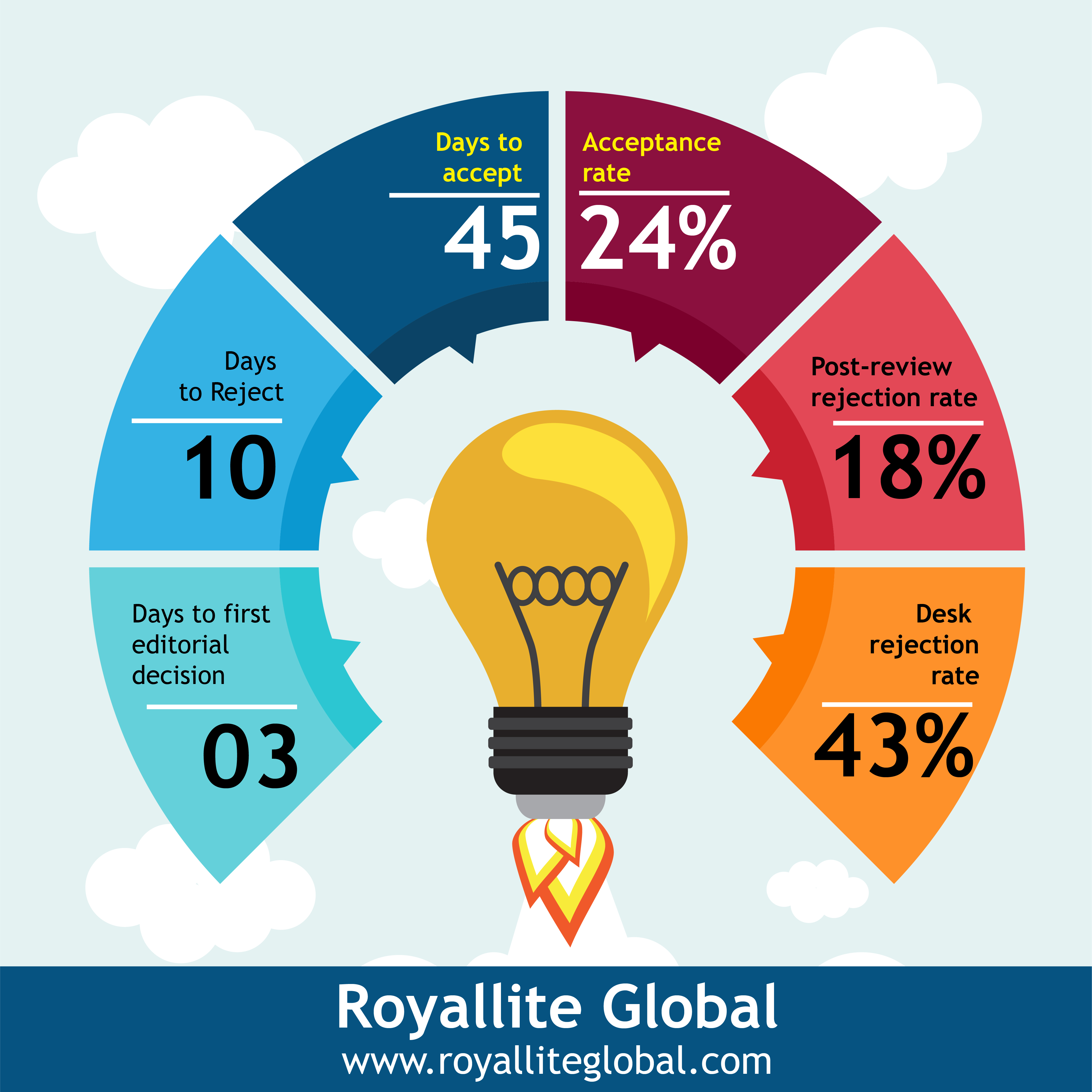Examining the use of Teaching and Learning Materials (TLM) methods in Basic School Level by Socials Studies teachers in Ghana: A tracer study
Keywords:
basic school, tracer, Teaching and Learning Materials, pupils, teachersAbstract
A tracer study approaches are often designed to track individual teachers who have undergone the rigorous training so as to examine, evaluate and assess their performance and progress based on the training received. This paper, however, examined the use of Teaching and Learning Materials (TLM) methods in selected Basic Schools level by Social Studies teachers in Ghana in lesson delivery. It employed a tracer and qualitative study approach. In all, 20 Social Studies teachers were purposively selected from 20 basic schools; 12 females and eight males. Ten headmasters were also selected purposively for interviews. This study employed unannounced visits for lesson observation as the strategy for data collection. A semi-structured interview was also used to collect information from participants. The results from this study showed that about ninety percent of Social Studies’ teachers at the basic school level do not use TLMs in lesson delivery in the Yilo Krobo Municipality in the Eastern Region of Ghana.
References
Adeyinka, J. (2002). Teachers’ Perception of the Effects and Use of Learning Materials: Unpublished Teaching Materials. Ilorin: University Press
Bušljeta, R. (2013). Effective Use of Teaching and Learning Resources. Czech: Polish Historical
Cunningsworth, A. (1984). Evaluating and selecting EFL teaching materials. New York: Teachers College Press
Dibson, J. M. (1988). Effective Teaching for English Conversation Groups. Washington D.C.: University of Kassel Press
Earthman, G. I. & Lemaster, L. K. (1996). Review on the research on the relationship between school buildings, student achievement, and student behaviour. Paper presented in the annual meeting of the Council of Educational Facilities Planners, International, Tarpon Springs, Florida, USA.
Gines, A. C. (2004). Towards relevance and sustainable quality in teacher education, In M. Fremerey; S. Amini; M. Wesseler (Ed.) Promoting Relevance and Quality in International Higher Education. Witzenhausen: University of Kassel Press
Kerr, D. (2003). Citizen education in England: The making of a new subject. Online journal for social science education. Journal of Social Science Education. Retrieved from www.sowi-online.de/journal/2003/england_kerr.htm
Küçükahmet, L. (1995). Öğretim İlke ve Yöntemleri”, 7th edition, Gazi Büro Kitabevi, Ankara, P, 91-93.
National Council of Educational Research and Training (NCERT), (2005). Development of Context Specific Teaching-Learning Materials. Retrieved from http://wikieducator.org/Teaching_Learning_Material.
Onasanya, S. A. (2004). Selection and utilization of instructional media for effective practice teaching. Institute journal of studies in education, 2(1)
Oni, J. O. (1992). Resource and Resource Utilization as Correlates of School Academic Performance. Unpublished Ph.D Thesis, University of Ibadan, Ibadan, Nigeria.
Opoku-Asare, N. A. A. (2004). Non-Book instructional media usage in Ghanaian Primary School. Journal of Science and Technology, (2), 34-67
Schomburg, H. (2003). Handbook for Graduate Tracer Studies. Germany: Centre for Research on Higher Education and Work. Witzenhausen: University of Kassel
Schomburg, H. (2013). Handbook of tracer studies. Retrieved from http://www.uni.kessel .de/wz/proj/edwerk/mat/handbook
Downloads
Published
Issue
Section
License
This open-access article is distributed under a Creative Commons Attribution (CC-BY) 4.0 license.
You are free to: Share — copy and redistribute the material in any medium or format. Adapt — remix, transform, and build upon the material for any purpose, even commercially. The licensor cannot revoke these freedoms as long as you follow the license terms. Under the following terms: Attribution — You must give appropriate credit, provide a link to the license, and indicate if changes were made. You may do so in any reasonable manner, but not in any way that suggests the licensor endorses you or your use. No additional restrictions You may not apply legal terms or technological measures that legally restrict others from doing anything the license permits.






